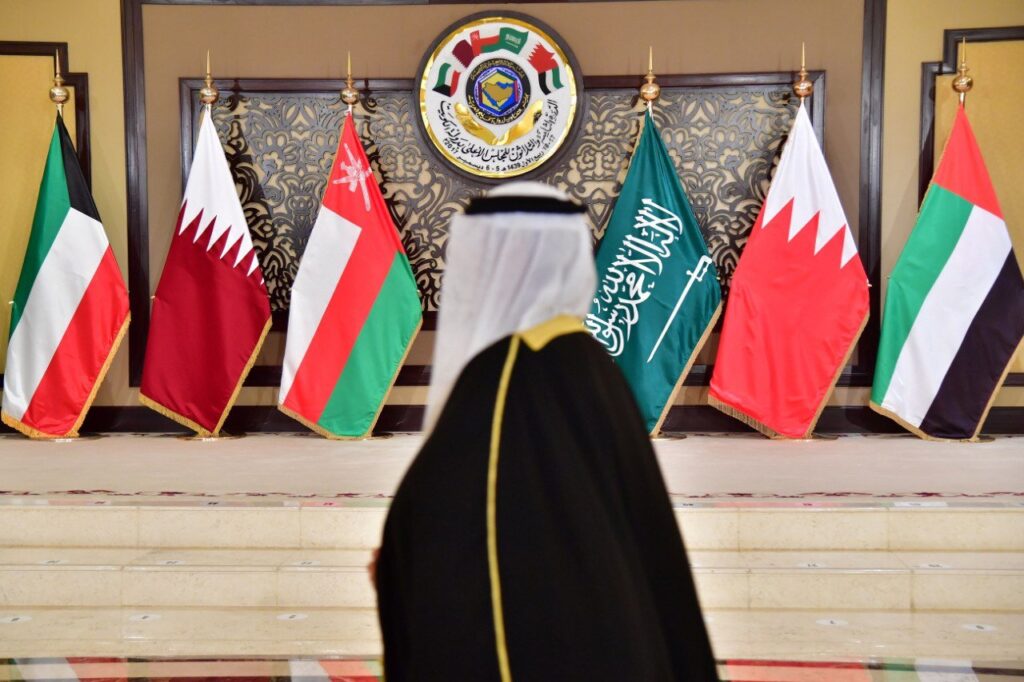Tehran – Arab countries have been on the public stage in recent weeks to welcome ongoing indirect consultations between Iran and the United States. However, this is a clear variance from their stance during previous negotiations with Iran in the 2010s. The region appears to believe that the less controversial state of Tehran-Washington relations is something they had to pilot, not acquire.
Several Arab countries, including Saudi Arabia, Kuwait, Qatar and Bahrain, have issued statements approving the ongoing diplomatic process between Iran and the US Riyadh. Kuwait repeated this sentiment, stating hope that the debate would help establish long-term peace in the region. The UAE Foreign Minister repeated similar support during a call with his Iranian counterpart Abbas Araguchi.
The indirect negotiations seem to be moving on with good clips, and Tehran and Washington have updated them every week since their launch on April 12th. The discussion focuses on Iran’s nuclear program and the elimination of US sanctions on the country. This is the second time Tehran has been engaged in consultations on the scale of its nuclear activity. The first, signed in 2015 and called the Joint Comprehensive Plan of Action (JCPOA), was scrapped by Donald Trump during his first tenure as President of the United States.
Current support from Arab countries for Iran and the US diplomatic process represents a significant change since 2018. Many of them welcomed the Trump administration’s decision to withdraw from the JCPOA and reinstate sanctions against Iran.
Mohammad Reza Moradi, West Asia analyst and editor-in-chief of Mehr News Agency’s international services, believes that trendsetters in the Arab world are Saudi Arabia, who has long had a different view on how security is established.
“This situation is dramatically different from 10 years ago. Recently, the Saudi Arabian defense minister reported that he could become the next crown prince, visited Tehran and met with senior officials.
The Riyadh shift comes from growing perceptions that local security is closely related and Tehran is a key stakeholder. “Saudi Arabia embarked on a fruitless war in Yemen, bombarding huge sums of money, damaging its reputation, and eventually targeting Ansarla. Ansarla cut the country’s oil output by half in a drone strike at the Aramco facility in 2019,” the expert explained. “That was when Saudi Arabia realized that if things were also calm outside, they had security within the borders. They had to do this through engagement with their neighbors, as Americans couldn’t care much about the misery of Arabs.”
Beyond concerns about a potential military conflict between Iran and the United States, Arab countries have also reached other new understandings, especially given Trump’s threat to “bomb” Iranian nuclear sites. The military conflict between the two countries will certainly be devastating to the region as a whole and potentially the world due to indefinite disruptions on oil supply and severe environmental impacts for the Persian Gulf countries. However, Arabs generally do not want to alienate Iran, and now they recognize that Iran’s regional influence sometimes provides a protective element.
“A very good example is Syria. Saudi Arabia and other Persian Gulf countries have fought for a long time to reduce Iran’s impact in Syria.
Tehran’s aim was not to pursue territorial expansion, but to promote regional involvement from all actors, he added.

